Flatulence to fit!
Holistic care consisting of Physicians, nutritionists, psychologists & relaxation coaches!
Let us help your gut & brain be more collaborative!

Flatulence to fit!
Holistic care consisting of Physicians, nutritionists, psychologists & relaxation coaches!
Let us help your gut & brain be more collaborative!Understanding the Variants of IBS
Did you know there are different types of Irritable Bowel Syndrome (IBS)? From constipation-predominant to diarrhea-predominant – each requiring unique management approaches for effective symptom relief.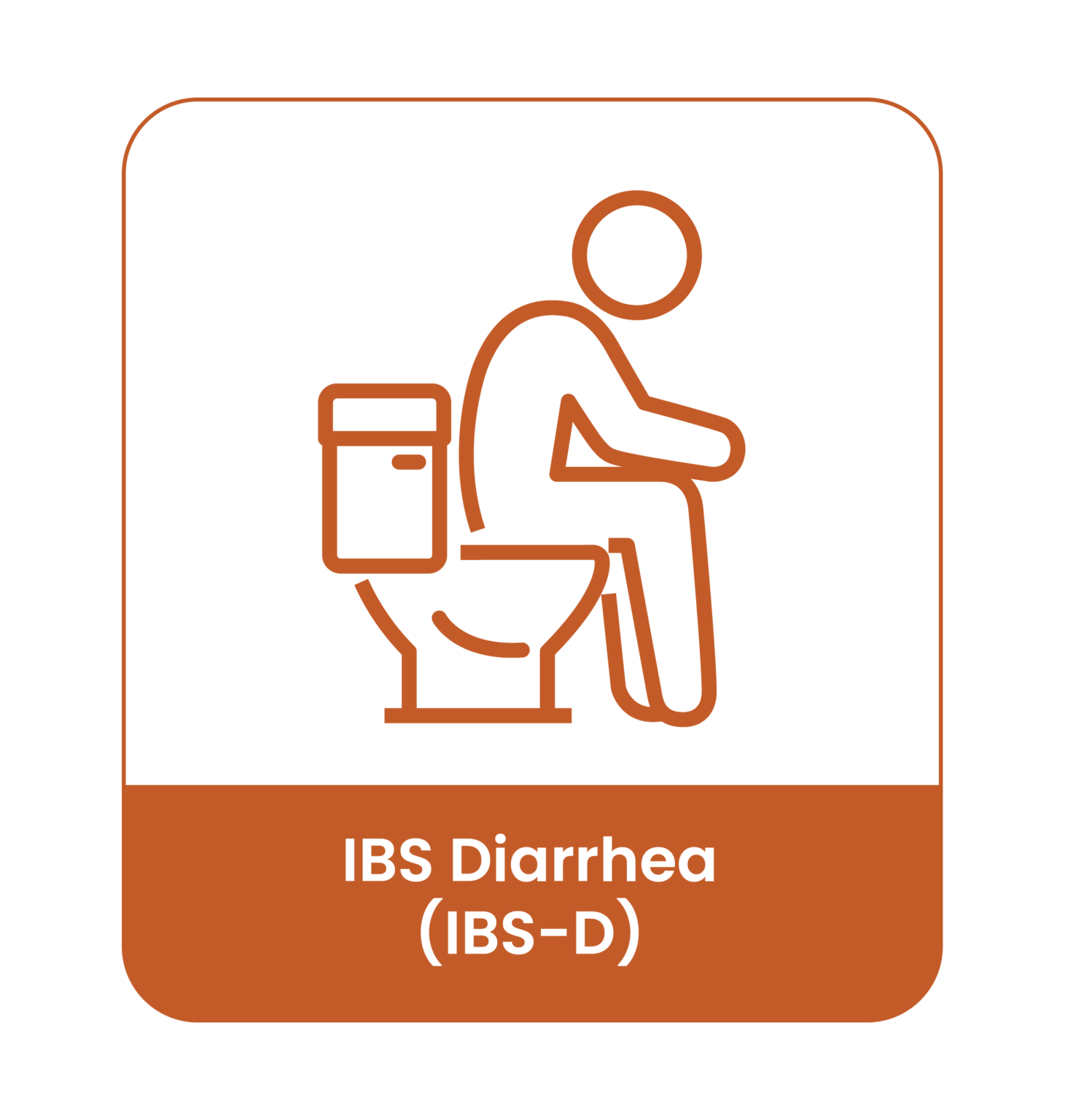
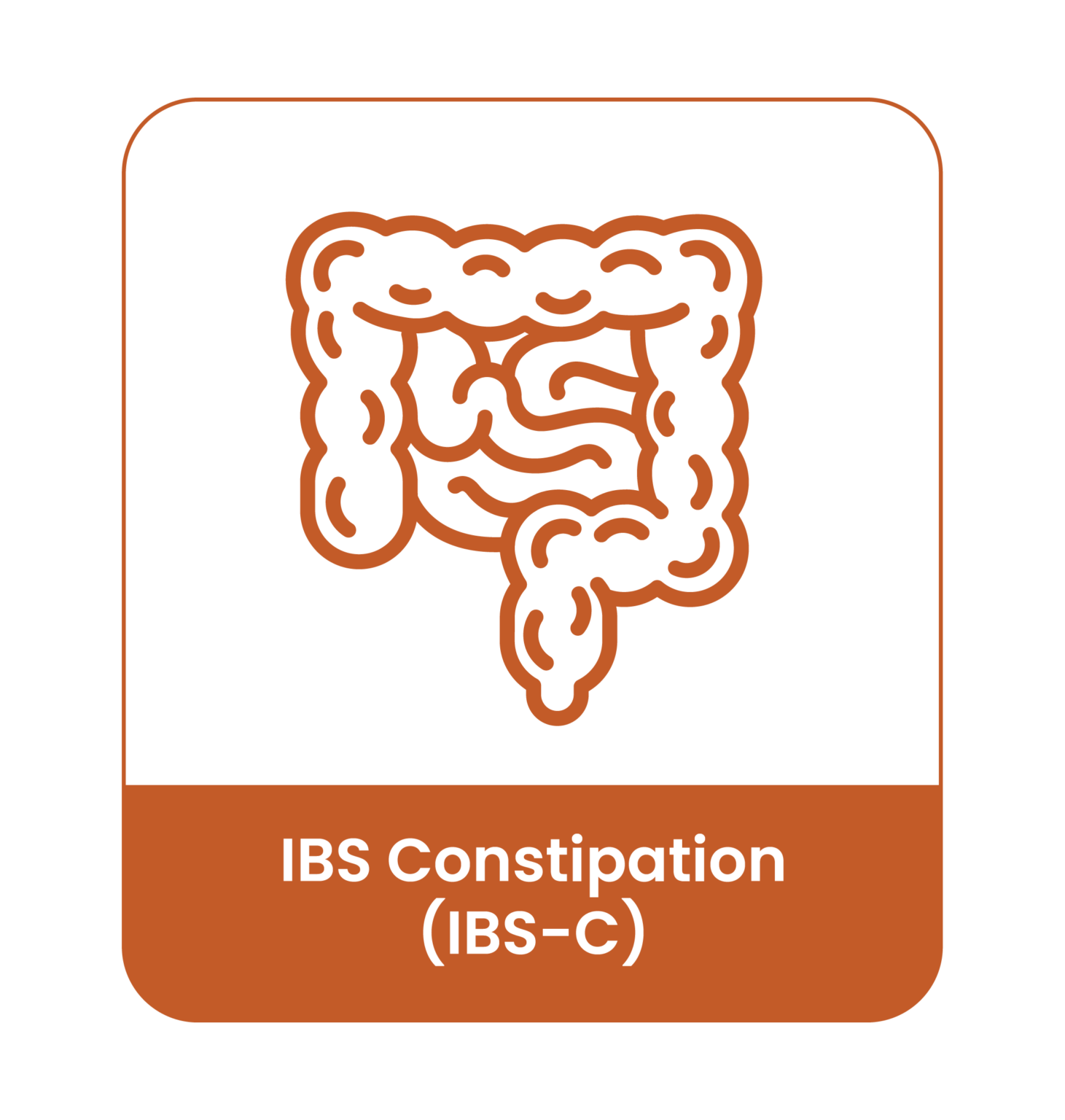
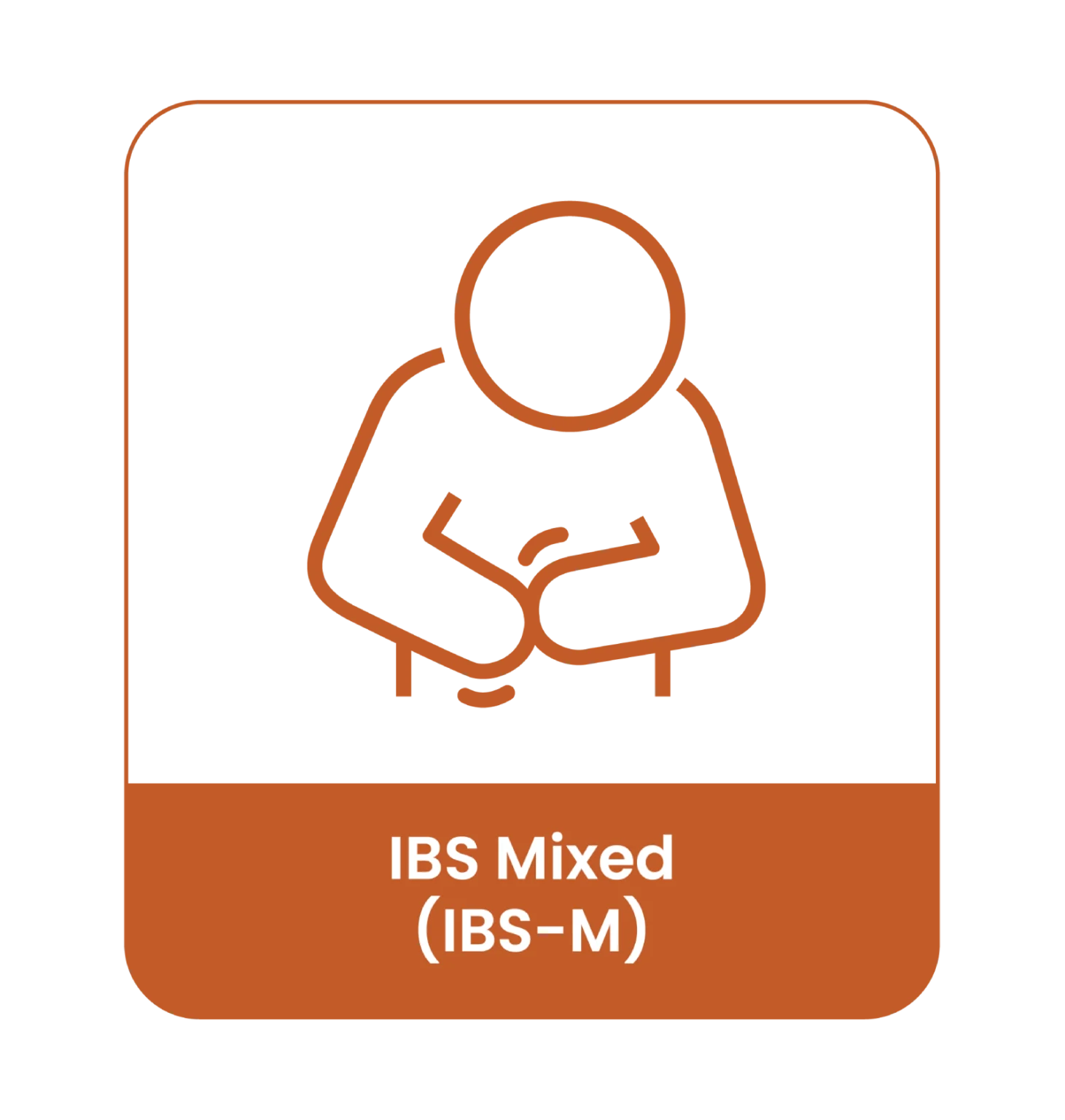
Constant Anxiety About What to Eat?
IBS can impact more than just your gut. It affects your confidence, social life, and overall well-being.
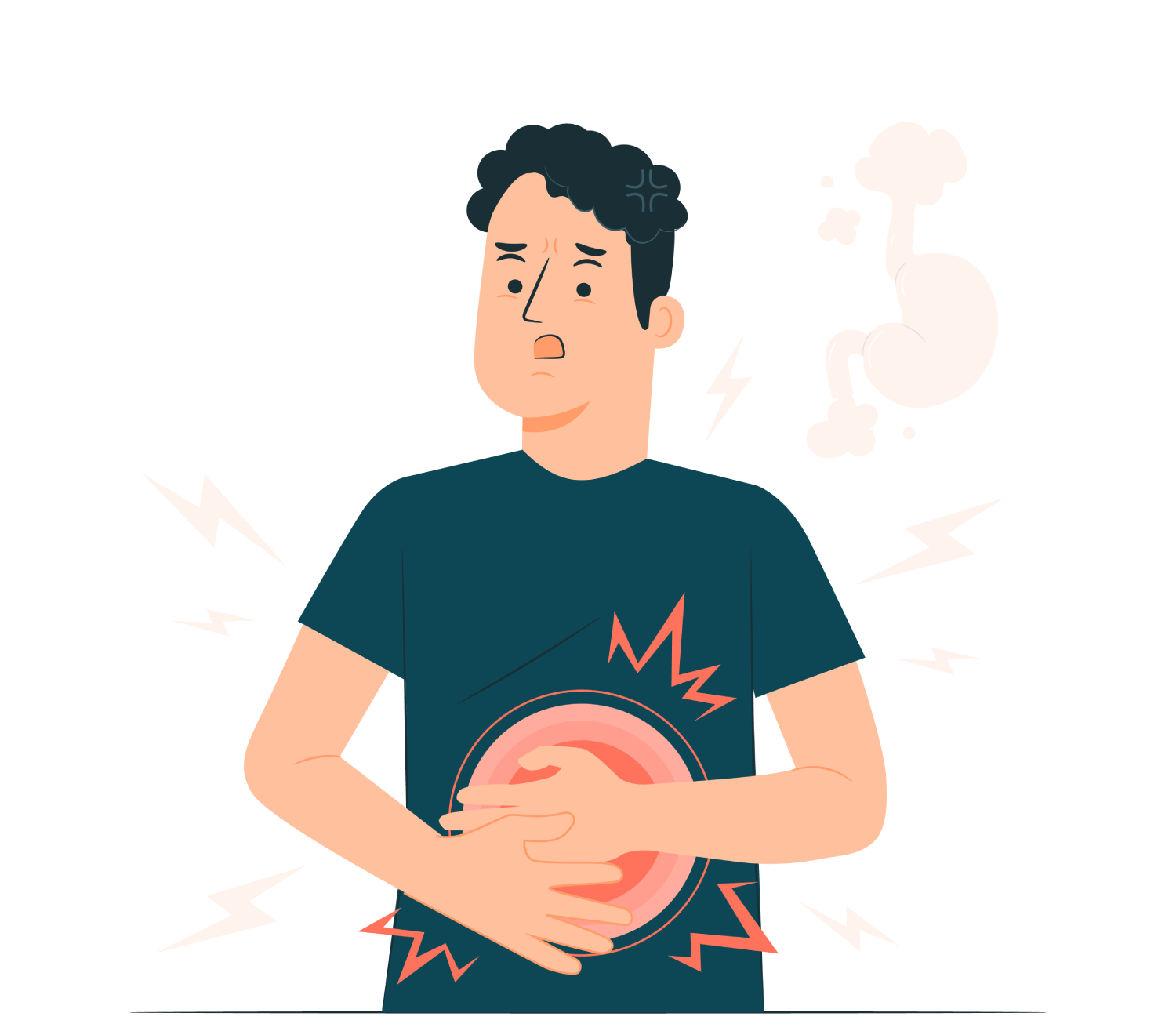

Dietary Restrictions

Fear of flare-ups

Unpredictable and Urgent Bowel Movements

Embarrassment and Isolation

Abdominal Pain, Bloating, and Discomfort
Ready to Fight Back?
Grasping the Dynamics of Gut-Brain Balance
Ever wonder why your stomach troubles can affect your mood? It's not just chance! The gut-brain axis is a key player in shaping your emotions and well-being.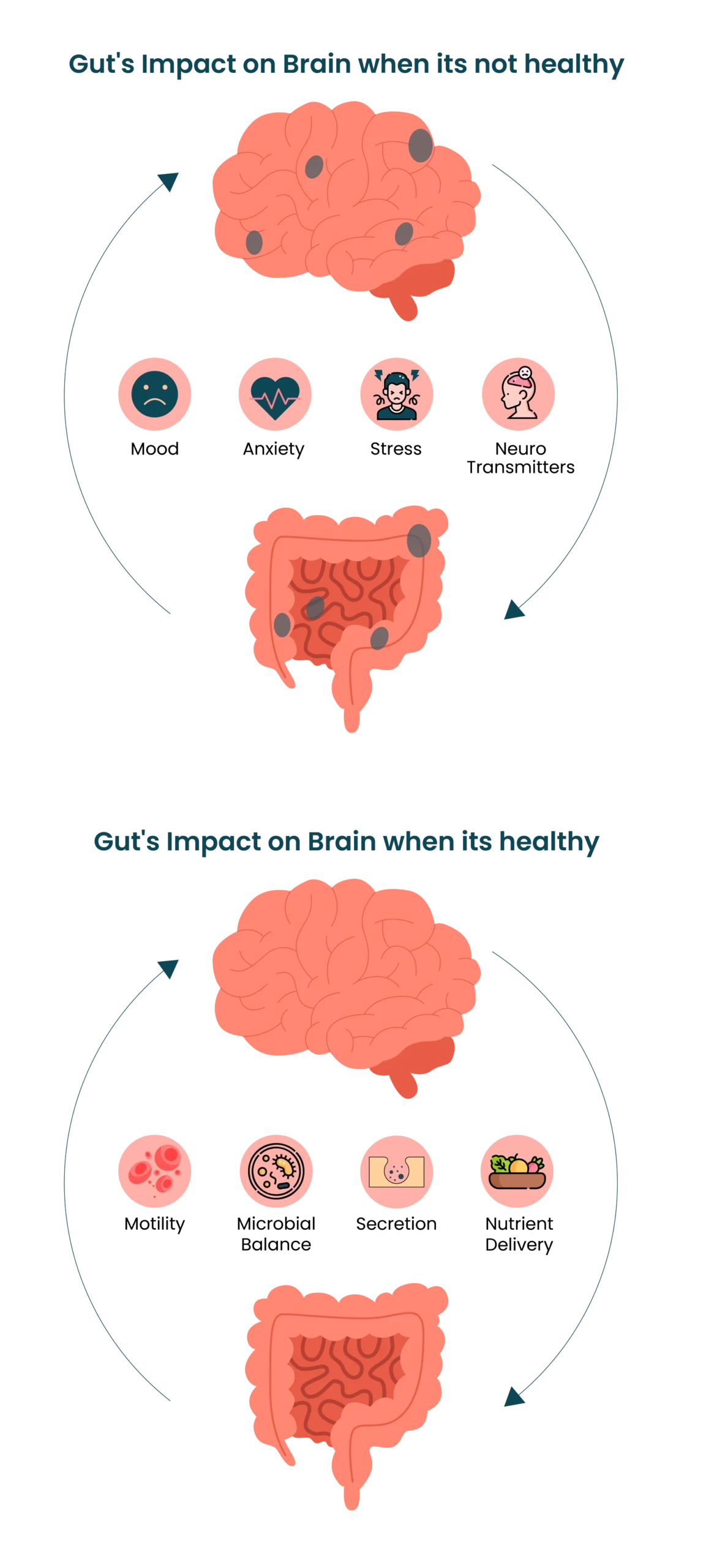
Find Your Power with Gut-Brain Harmony
Ever wonder why your stomach woes dampen your mood? It's not just coincidence! The gut-brain axis, a complex network of communication between your gut and brain, plays a major role in regulating emotions & well-being.Gut's Impact on Brain when its not Healthy
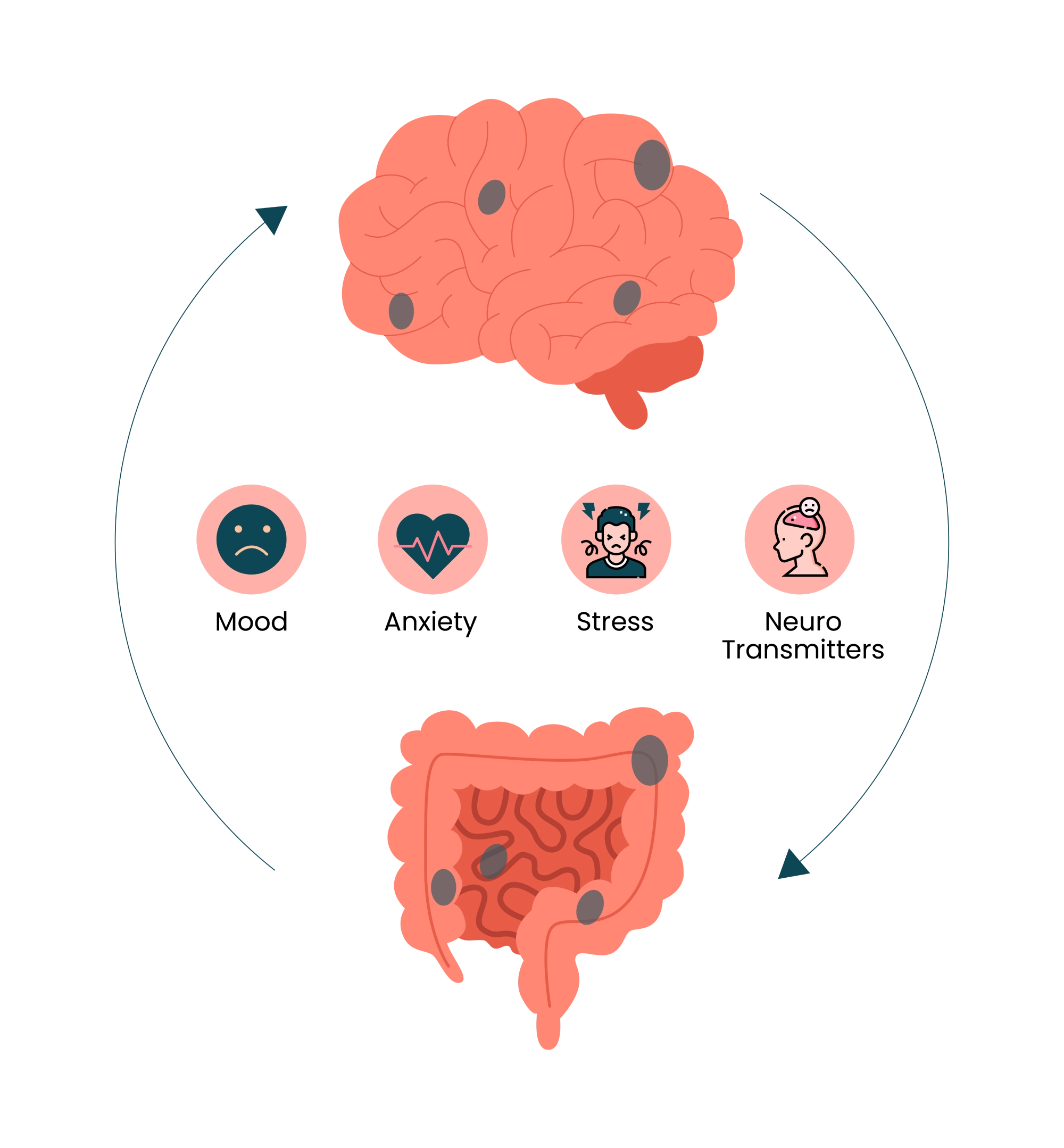

Mood

Anxiety

Stress

Neuro Transmitters

Gut's Impact on Brain when its Healthy
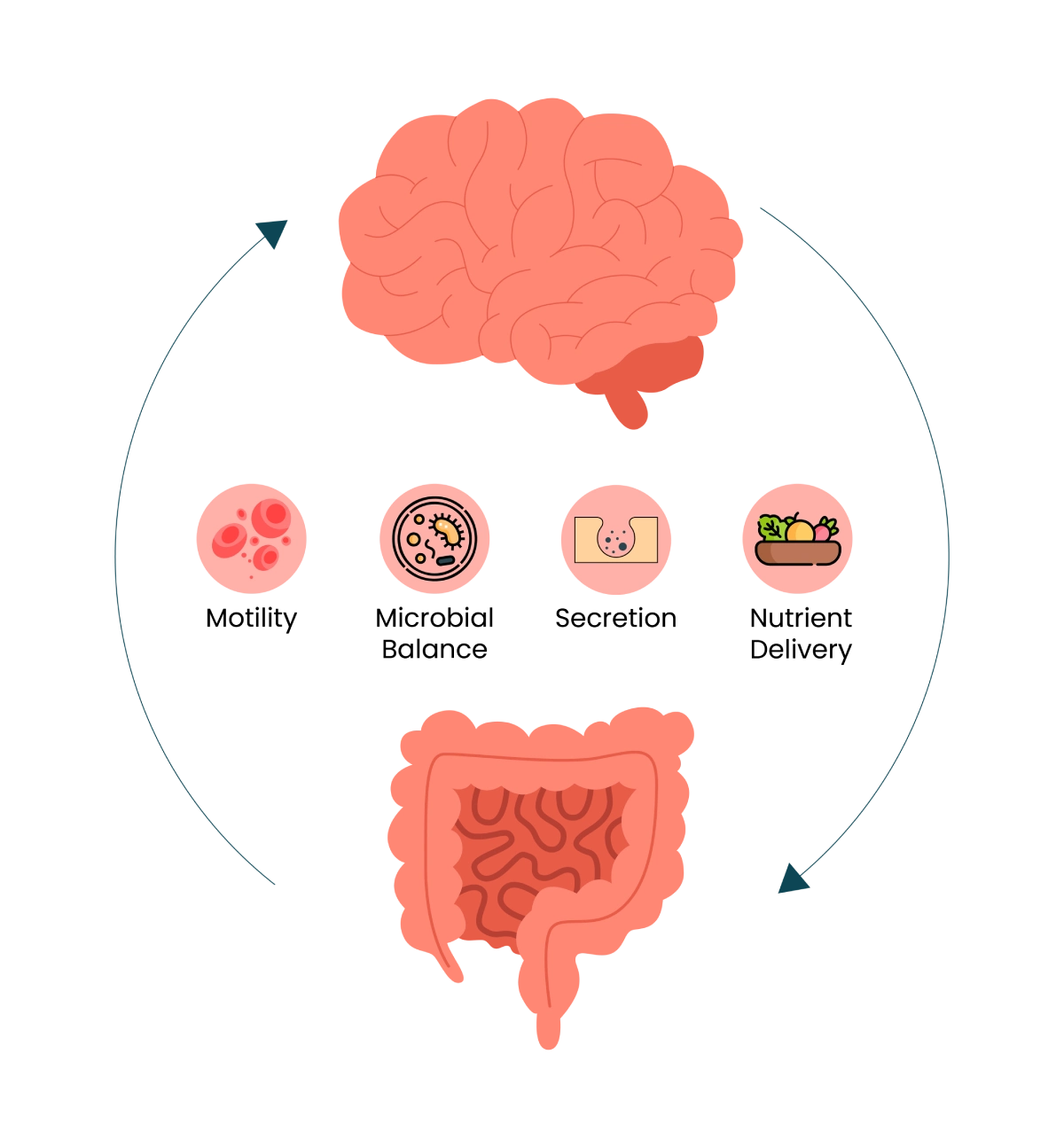

Motility

Microbial Balance

Secretion

Nutrient Delivery

Years of Combined Expertise to Give you the Perfect IBS Care

Years of Combined Expertise to Give you the Perfect IBS Care

Find your food triggers and get a customized diet.
Reduce your stress & anxiety through yoga, exercises and other relaxation techniques.


Reduce your stress & anxiety through yoga, exercises and other relaxation techniques.

Targeted medications to address the root cause.
Help you cope with emotional challenges, that has a bidirectional impact on IBS. Blissful mind, Peaceful Gut!


Counseling and relaxation devices for a blissful mind and peaceful gut ease the bidirectional impact of stress on IBS.

Connect with others on the same journey in our supportive community - know you're not alone.
Your Journey With Zveta
Our program is designed to be your trusty partner, teaching self-care and helping you in your journey towards an active life.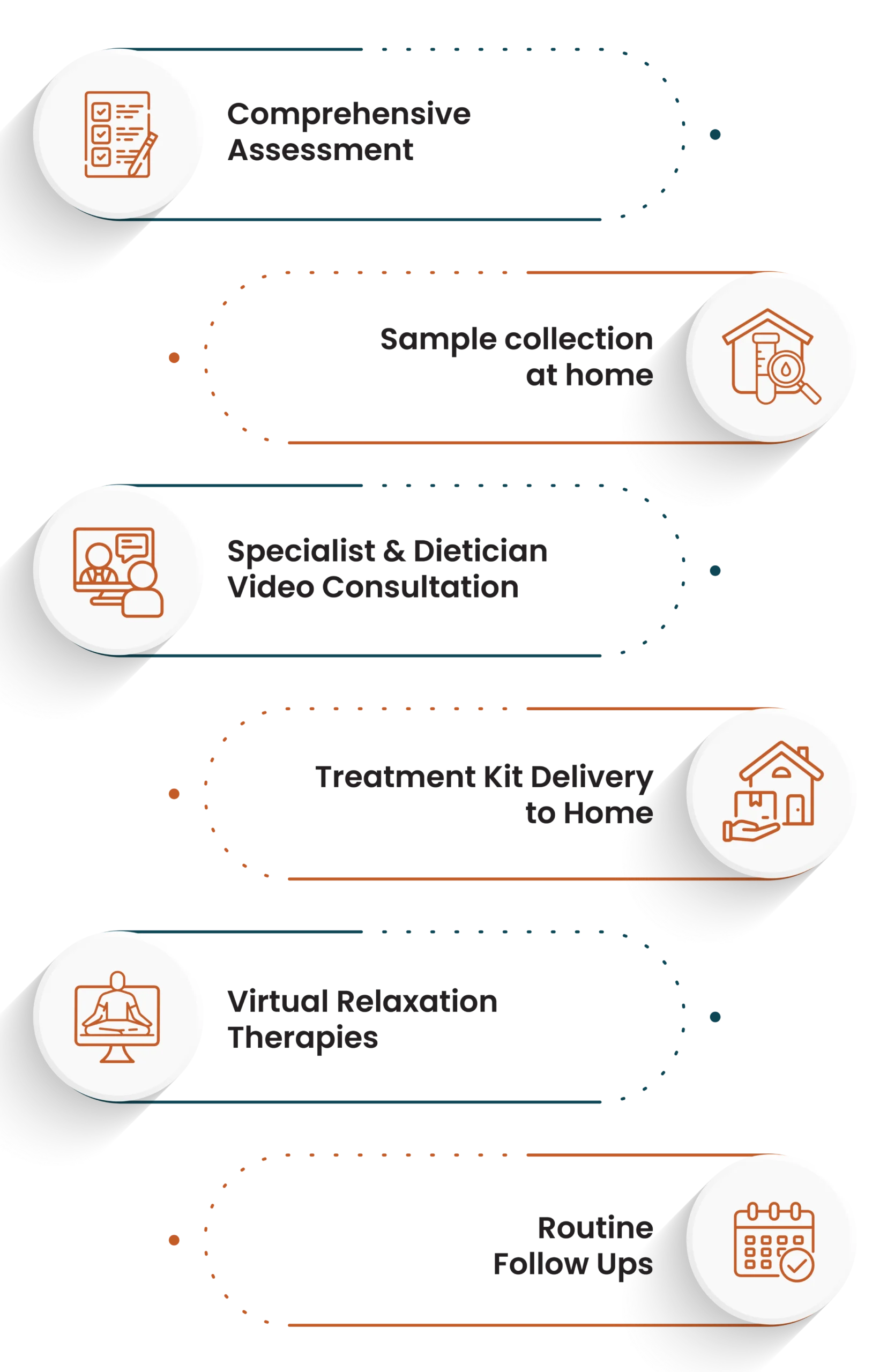
Testimonials
Hear from women like you who have found balance and joy with Zveta.



Tell Us What You're Experiencing
Share your symptoms and discover personalized resources, tips, and recommendations













Our Happy Customers
Our program is designed to be your trusty partner, teaching self-care and helping you in your journey towards an active life.



Ready to Zvintegrate?
Come join our inclusive zvempowered community for a healthier and happier you.Frequently Asked Questions
IBS, a common digestive condition, causes abdominal cramps, bloating, diarrhea, and constipation. Management includes diet changes and medications. The cause is unclear but may involve factors like altered gut microbiome, oversensitive nerves, stress, and family history.
IBS symptoms include:
- Stomach pain or cramps, worsened after eating and relieved after bowel movements.
- Bloating with a full and swollen sensation in the abdomen.
- Diarrhea, with sudden and watery bowel movements.
- Constipation, with straining and incomplete bowel emptying.
- Symptoms may fluctuate between better and worse days (flare-ups), triggered by food or drink.
- Other IBS symptoms can include flatulence, passing mucus, fatigue, nausea, backache, urinary issues, and bowel incontinence.”
Managing IBS involves dietary adjustments, lifestyle changes, and medication, improvement in sleep and stress management to alleviate symptoms like abdominal pain, bloating, and irregular bowel movements.
The risk factors for developing IBS include being young (under age 50), being female (more common among women), having a family history of IBS, and having anxiety, depression, or other mental health issues. Additionally, estrogen therapy before or after menopause and a history of sexual, physical, or emotional abuse, certain medications taken to manage chronic conditions or gastric issues may also increase the risk of IBS.


